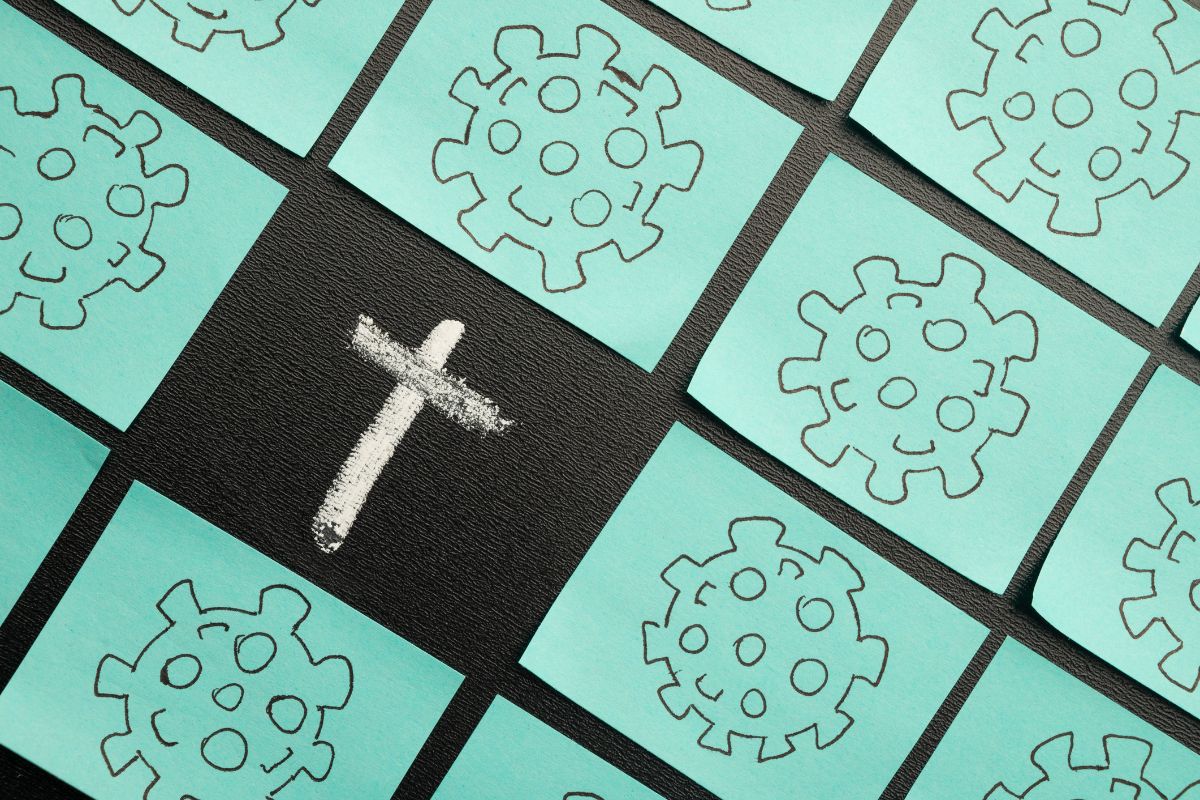Arizona has designated places of worship as an essential activity, requiring only that protected activities like social distancing be “conducted in a manner that provides appropriate physical distancing to the extent feasible.”
However, from a legal standpoint, the leadership of churches and nonprofits owe a fiduciary duty of care to their constituents — both internal and external — when it comes to protecting their health and safety. This means that church and nonprofit leaders should be making decisions based on best practices standards issued by government and health organizations and in good faith. Failure to apply due care could expose these organizations to additional liability risk for personal injury.
Here are some additional guidelines for churches and nonprofits during COVID-19:
Adhere to best practices for activities
Church leaders should look to best-practice guidelines for dealing with COVID-19-related safety issues, specifically the guidance for communities of faith provided by The Centers for Disease Control and Prevention (CDC). There are a number of very specific recommendations that will help church leaders develop appropriate plans for maintaining a safe environment for participants and church workers.
For nonprofits, the CDC has also developed guidance for community-based organizations to help protect individuals and communities from the spread of COVID-19.
Communicate best practices
Not only should churches and nonprofits follow best practices for in-person activities, they also need to communicate this information to staff, volunteers, members, congregations, and any others involved in the organization’s activities. Current practices should be communicated via email and mail, posted on the organization’s website, and detailed in handouts that are posted and passed out. It is especially important to communicate and train all staff members and volunteers on COVID-19-related protocols so the organization’s expectations for safeguarding the health and safety of all are clear.
Update waivers.
To help minimize liability risk, use an updated general waiver or a COVID-19-specific waiver for those participating in church and nonprofit activities. Consult with legal counsel for help in drafting appropriate waivers for your organization.
Review insurance.
Church and nonprofit leadership should review the organization’s insurance coverage for potential liability issues related to the spread of COVID-19. Some insurers may offer new or revised policies that include COVID-19-related risks.
Heed contract language.
Planning for future activities in the age of COVID-19 can be challenging. Organizations that host annual special events or contract with vendors for future services need to examine contract language for provisions dealing with cancellations. These contracts should provide cancellation options due to “force majeure” or “Acts of God” so that there will be minimal adverse financial consequences to the organization from a COVID-19-related cancellation.
When a church, ministry, or other nonprofit organization in Arizona needs advice about the liability of its Directors, Board Members, or other volunteers, Provident Law’s church and nonprofit attorneys are here to help. We recognize how essential these organizations are to society, and we provide broad transactional and general counsel services to keep them running smoothly. Contact us to learn more.


